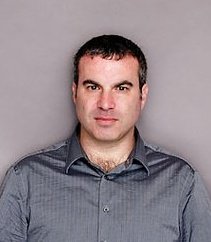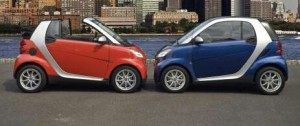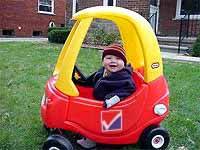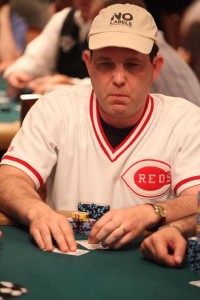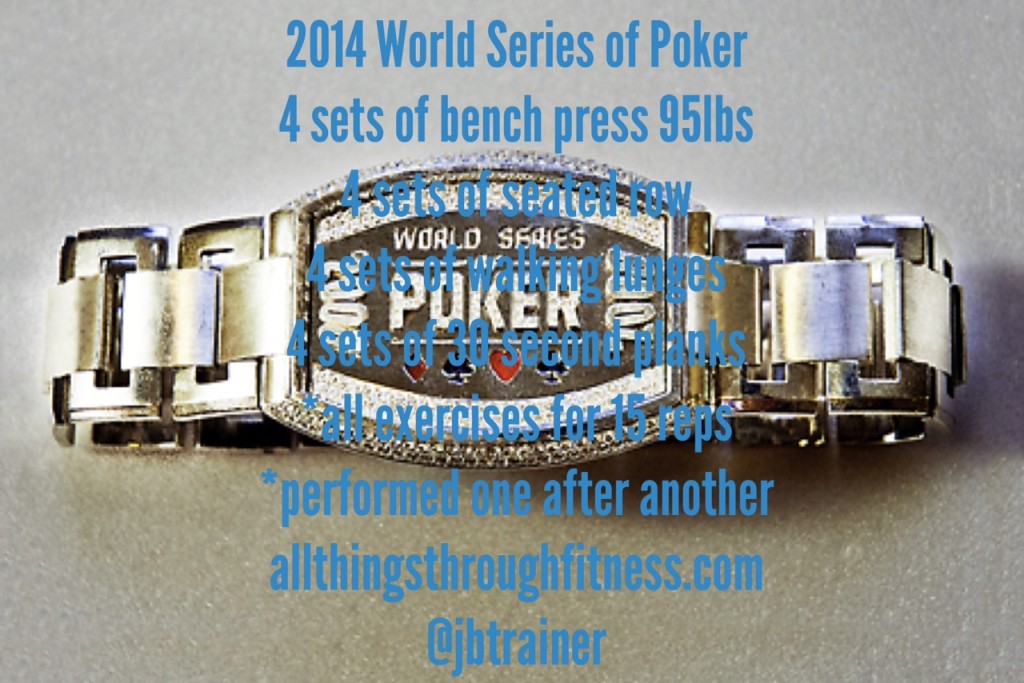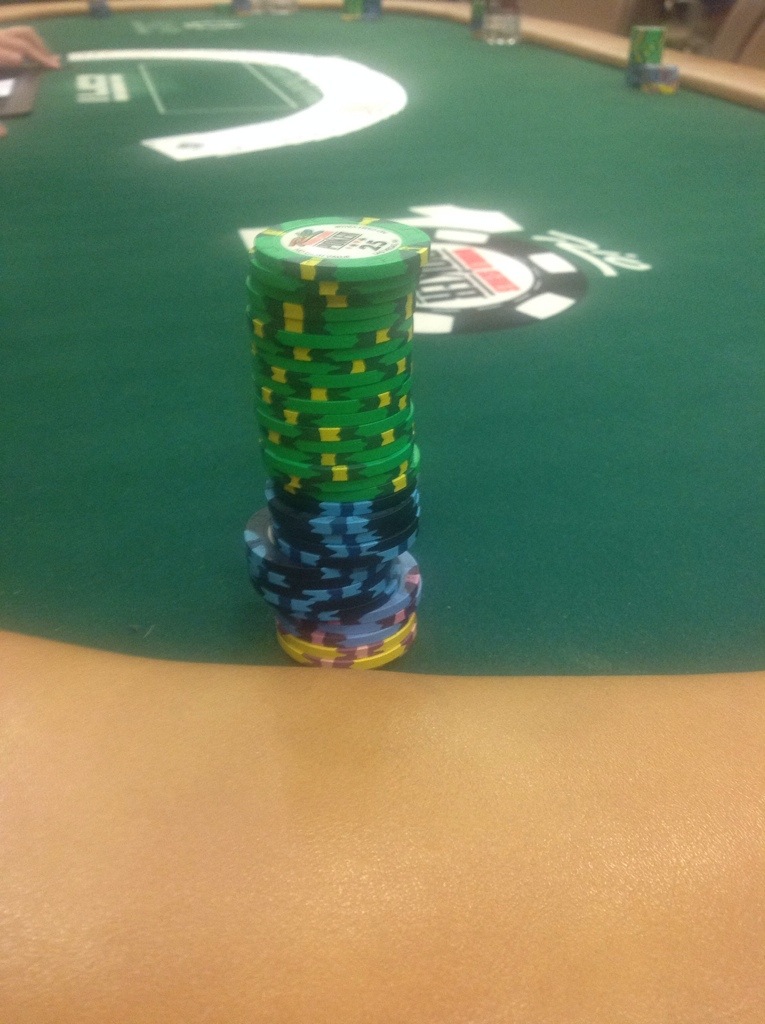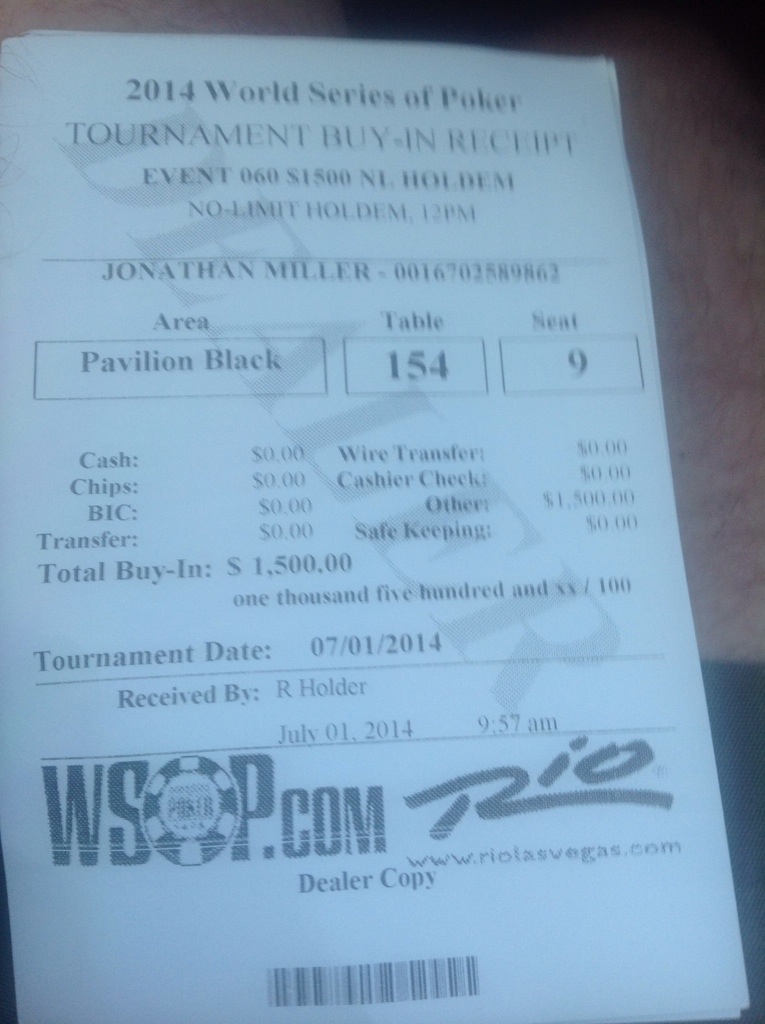#kysen MT @KyDems: EXCLUSIVE: @GovSteveBeshear #FancyFarm #selfie. @Team_Mitch enjoying his upcoming retirement! pic.twitter.com/PvrxH9DnQ8
— Charly Norton (@CharlyNorton) August 2, 2014
#FancyFarm wrap up: press consensus – @AlisonForKY gets more impressive every day; @Team_Mitch inexplicably off his game.
— Jonathan Miller (@RecoveringPol) August 2, 2014
#FancyFarm wrap-up: state press thought @KYComer & @ConwayfotKY excelled; national press: @adamhedelen a star.
— Jonathan Miller (@RecoveringPol) August 2, 2014
#FancyFarm recap: Mistakes were not made. Relatively civil. Weight was gained with the mutton; lost in the heat. National press entertained
— Jonathan Miller (@RecoveringPol) August 2, 2014
When I was State Treasurer, #FancyFarm always saved the best for last. You go @ToddHollenbach!
— Jonathan Miller (@RecoveringPol) August 2, 2014
In my humble opinion, the best #FancyFarm speeches were delivered by the KY state constitutional officers.
— Jonathan Miller (@RecoveringPol) August 2, 2014
HUGE SURPRISE: @KYComer announces at #FancyFarm he's running for Governor. MORE SURPRISES: I announced that I'm Jewish!
— Jonathan Miller (@RecoveringPol) August 2, 2014
"I predict the next Governor of KY will not be a multimillionaire from Louisville." @KYComer. (He might be running vs 3 of them) #FancyFarm
— Jonathan Miller (@RecoveringPol) August 2, 2014
Big #FancyFarm rumor about potential @MattBevin entry into 2015 Gov race has @HalHeiner nervous about losing cockfighting vote.
— Jonathan Miller (@RecoveringPol) August 2, 2014
#FancyFarm: @KYComer makes first chicken fight joke. @MattBevin fuming in the back row.
— Jonathan Miller (@RecoveringPol) August 2, 2014
.@ConwayforKY takes after @Team_Mitch & @SenRandPaul. @KYComer takes after @ConwayforKY #FancyFarm
— Jonathan Miller (@RecoveringPol) August 2, 2014
I think Dr. Seuss might have a case. MT @Smith83K Any fact-checkers 2 spot r. paul plagiarism?
— Jonathan Miller (@RecoveringPol) August 2, 2014
IRONY ALERT: @SenRandPaul repeating the phrase: "KY needs McConnelll" Couldn't see his right hand – was he crossing his fingers? #FancyFarm
— Jonathan Miller (@RecoveringPol) August 2, 2014
@RecoveringPol @Team_Mitch @AlisonForKY Running scared? He hasn't mentioned his opponent at #fancyfarm since 1996.
— Shannon Ragland (@JuryReporter) August 2, 2014
Hey whoever is texting the Team Mitch t-shirt wearing dude, please stop. He needs to pay attention to @SenRandPaul. #FancyFarm
— Jonathan Miller (@RecoveringPol) August 2, 2014
Another #FancyFarm first, podium poetry from @SenRandPaul. Ok he stopped rhyming. Is the poem over?
— Jonathan Miller (@RecoveringPol) August 2, 2014
.@Team_Mitch threw his first sharp elbows of campaign at @AlisonForKY. This is going to be a close one. #FancyFarm
— Jonathan Miller (@RecoveringPol) August 2, 2014
And the first obnoxious shouting-down-of-speaker-chanting goes to the Democrats. Shhhhhhh #FancyFarm
— Jonathan Miller (@RecoveringPol) August 2, 2014
First of you that sets up a fake Twitter account for the Team Mitch t-shirt wearing dude standing behind the #FancyFarm speakers wins an RT.
— Jonathan Miller (@RecoveringPol) August 2, 2014
Impressive. @Team_Mitch mentioned "Selfies" and "Flat Stanley" in same sentence. Must have hired millennial speechwriters. #FancyFarm
— Jonathan Miller (@RecoveringPol) August 2, 2014
Don't worry @Team_Mitch: I'd never heard of Cloverlick, Kentucky either. #FancyFarm
— Jonathan Miller (@RecoveringPol) August 2, 2014
Very impressed with @AlisonForKY's delivery. Only occasionally looking at notes. Calm, passionate and powerful. #FancyFarm
— Jonathan Miller (@RecoveringPol) August 2, 2014
Oops. Getting loud in here. RT @MrRural @RecoveringPol Except ALG said "stuck in 1968", not 50s. Oops.
— Jonathan Miller (@RecoveringPol) August 2, 2014
"If @Team_Mitch were a TV show, it would be @MadMen_AMC: stuck in 50s, treating women poorly & ending this season." @AlisonForKY #FancyFarm
— Jonathan Miller (@RecoveringPol) August 2, 2014
Coin toss was RIGGED! @AlisonforKY has to speak first at #FancyFarm. @GovSteveBeshear is checking with MLB replay officials in NY.
— Jonathan Miller (@RecoveringPol) August 2, 2014
Cong. Whitfield first speaker in #FancyFarm history to get "Time is On Your Side" sendoff/microphone shutdown.
— Jonathan Miller (@RecoveringPol) August 2, 2014
Cong. Whitfield: "EPA is making it so US will be only country in the world that can't build a coal fired power plant in America." #FancyFarm
— Jonathan Miller (@RecoveringPol) August 2, 2014
Rumor in press row is that the next set of #FancyFarm speakers will be candidates for Graves Co. High School student council.
— Jonathan Miller (@RecoveringPol) August 2, 2014
It's getting so long that Cunningham's introducing former elected officials. No mention of @kytrey or that recovering pol dude. #FancyFarm
— Jonathan Miller (@RecoveringPol) August 2, 2014
"God hates a liar" Cong. candidate Hatchett. Best line of #FancyFarm so far. Headline of tomorrow's @nytimes?
— Jonathan Miller (@RecoveringPol) August 2, 2014
I'm sure national media's really enjoying all of these preliminary local speakers in the 92 degree #FancyFarm heat.(cc: @jmartNYT @pemalevy)
— Jonathan Miller (@RecoveringPol) August 2, 2014
Remember when I guessed that @Team_Mitch & @AlisonForKY would be speaking at #FancyFarm around 2:45? I guess I should have read the agenda
— Jonathan Miller (@RecoveringPol) August 2, 2014
Consensus of press bus: state rep. cand Jesse Wright is doppleganger for @rexchapman #FancyFarm Hope he won't mention @UKCoachCalipari
— Jonathan Miller (@RecoveringPol) August 2, 2014
Good news: #FancyFarm officials hired a sign language interpreter. Bad news: It is the same dude from the Mandela funeral.
— Jonathan Miller (@RecoveringPol) August 2, 2014
I've been coming to #FancyFarm so long, I remember the halcyon days when state rep candidates spoke last. Even after the State Treasurer.
— Jonathan Miller (@RecoveringPol) August 2, 2014
"Coal keeps the lights on for KY." But not apparently the wifi for #FancyFarm.
— Jonathan Miller (@RecoveringPol) August 2, 2014
Was Justice Cunnigham's intro of Mary Lou Mongiardo an homage to John Travolta? #FancyFarm #LetitGo h/t @KYTrey
— Jonathan Miller (@RecoveringPol) August 2, 2014
@FancyFarm spkrs: 1st candidate to show support for Israel wins my endorsement. Unless it's @Team_Mitch. Or @SenRandPaul OK never mind.
— Jonathan Miller (@RecoveringPol) August 2, 2014
My prediction for a 2:45 CDT start time for @Team_Mitch speech looking way too optimistic. #FancyFarm
— Jonathan Miller (@RecoveringPol) August 2, 2014
In case you are worried, campaign manager for Auidtor @adamhedelen, @willcarle is auditing my tweets. #FancyFarm
— Jonathan Miller (@RecoveringPol) August 2, 2014
So far so good on crowd obeying judge's order to show respect. Cheers & jeers, but at low level. Still, plenty of time left… #FancyFarm
— Jonathan Miller (@RecoveringPol) August 2, 2014
Props to @Team_Miitch campaign for positioning dude in Team Mitch t-shirt scowling right behind @GovSteveBeshear #FancyFarm
— Jonathan Miller (@RecoveringPol) August 2, 2014
Irony more delicious than the mutton: @GovSteveBeshear & @SenRandPaul as attack dogs for frmr rivals @AlisonForKY & #Team_Mitch. #FancyFarm
— Jonathan Miller (@RecoveringPol) August 2, 2014
#FancyFarm @GovSteveBeshear takes selfie w/@Team_Mitch to get" one last photo before KY voters retire him this November."
— Jonathan Miller (@RecoveringPol) August 2, 2014
"No noisemakers, no incessant chants…" From Cunninghams mouth to Archbishop's ear. #FancyFarm
— Jonathan Miller (@RecoveringPol) August 2, 2014
"Show to the whole world that there's a place in WKY where we can have rigorous debates…with civility and courtesy." Cunningham #FancyFarm
— Jonathan Miller (@RecoveringPol) August 2, 2014
Justice Cunnigham introducing khaki seersucker to international audience. #FancyFarm
— Jonathan Miller (@RecoveringPol) August 2, 2014





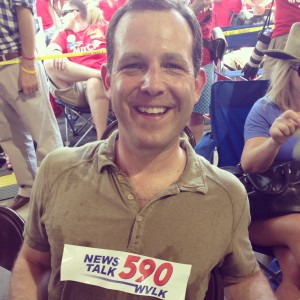


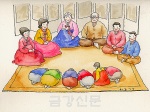 A more purely mercenary perspective argues that at some point the tables inevitably turn anyway, and the children – now adults – are supposed to take care of you, the parent. This switching of roles is played down in Western culture, but in Asia, it’s taken for granted. Many of my Asian friends simply shrug and write a check to their parents every month because that’s what’s expected of them.
A more purely mercenary perspective argues that at some point the tables inevitably turn anyway, and the children – now adults – are supposed to take care of you, the parent. This switching of roles is played down in Western culture, but in Asia, it’s taken for granted. Many of my Asian friends simply shrug and write a check to their parents every month because that’s what’s expected of them. There is a loss, giving up the fantasy of a perfect other providing all the care you need. Some people cling to religion to avoid this loss, and construct an imaginary provider of care – a god or saint or the like.
There is a loss, giving up the fantasy of a perfect other providing all the care you need. Some people cling to religion to avoid this loss, and construct an imaginary provider of care – a god or saint or the like. But you are no longer the infant, abandoned in the cradle, who screams and cries because his life depends upon someone else coming to his rescue.
But you are no longer the infant, abandoned in the cradle, who screams and cries because his life depends upon someone else coming to his rescue.